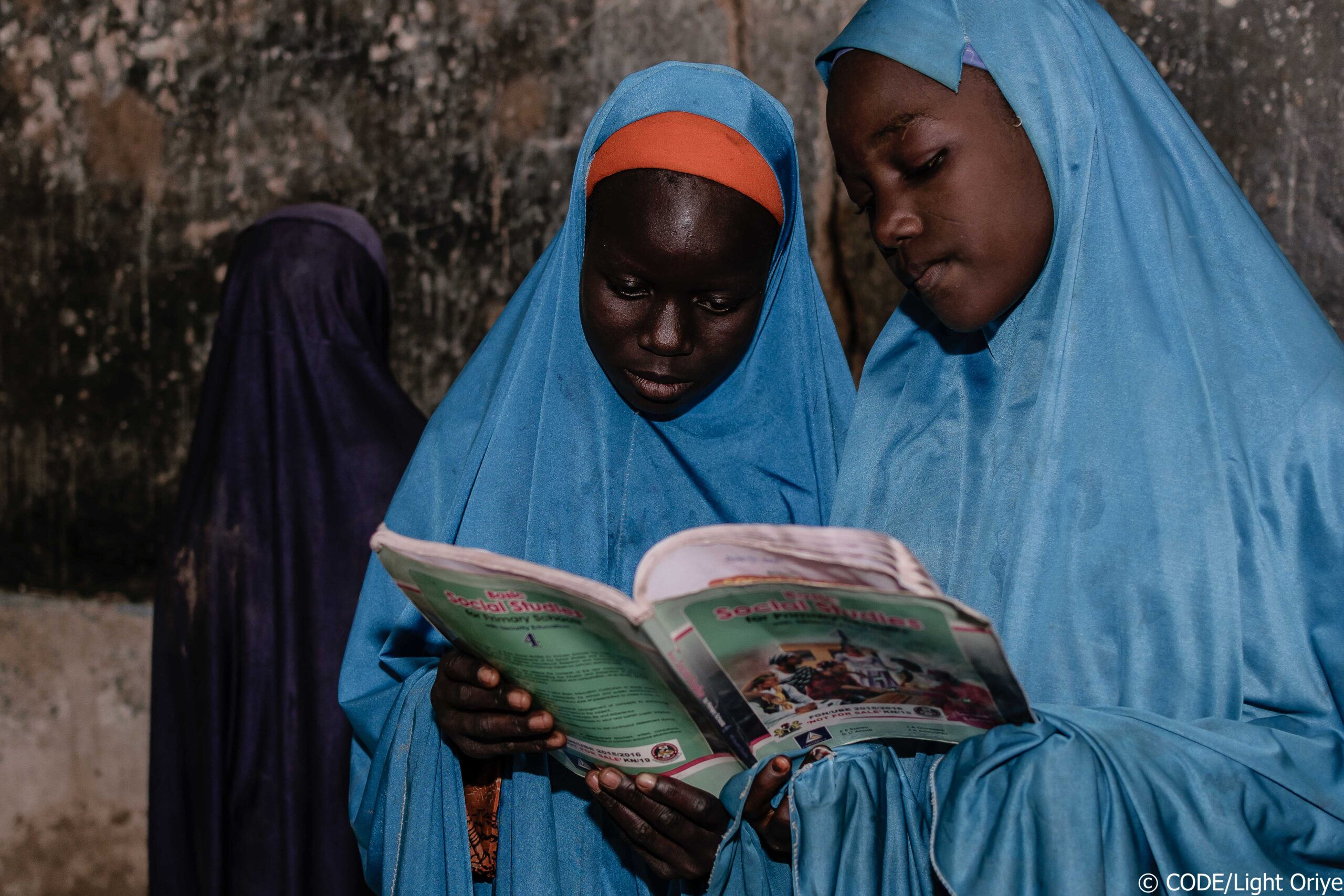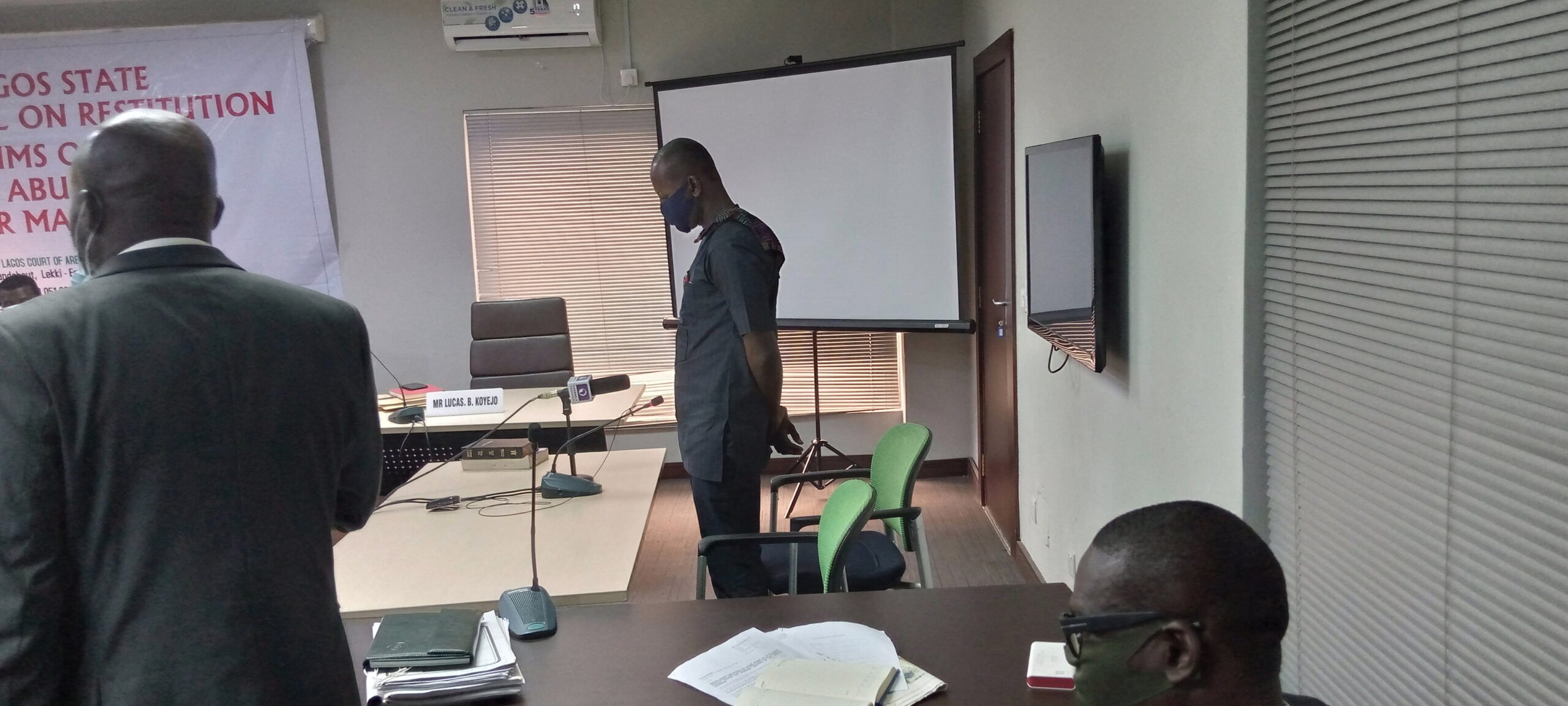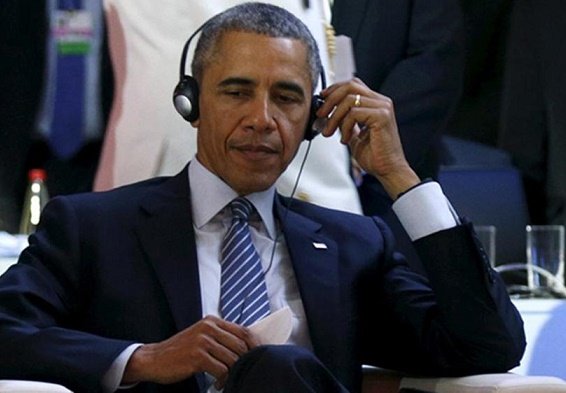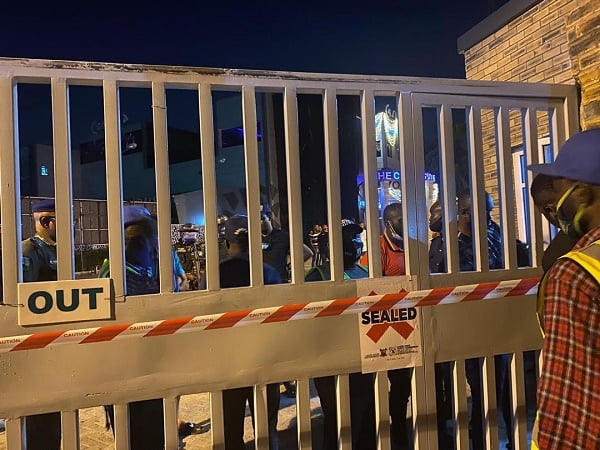Caregivers in rural Adamawa are certain that the girls in their care will not be returning to school due to the effect of the COVID-19 pandemic, a report by Connected Development (CODE) has found.
The report, which focuses on the Impact of COVID-19 on girls’ education in the northeast, was launched in partnership with Malala Fund — an initiative of the Nobel Laureate Malala Yousafzai.
According to CODE, while many of the girls interviewed had doubts that they would be allowed to continue their education, a percentage of girls were certain they would be getting married in a short while.
In some cases, cultural and traditional barriers were preventing girls from returning to school: girls may be less preferred to return to school as opposed to their male counterparts due to the male-child preference system.
Advertisement
Girls are also more at risk of being married off or undergoing female genital mutilation (FGM).
Hamzat Lawal, the chief executive of CODE and Malala Fund Education Champion, said “the future of our world is a deliberate investment in the younger generation, particularly girls. To educate girls is to empower a nation.”
“There is a need for a more gender-responsive plan for resumption of school activities”
Advertisement
The research also revealed that the COVID-19 pandemic worsened barriers to girls’ education in the region with 60 percent of Nigeria’s 13 million out-of-school children.
The pandemic further exposed girls to increased shortcomings and challenges that already exist in the education system including sexual harassment linked to gender-based violence, child marriage, harmful norms, inadequate teachers and WASH facilities.
These factors also kept a good number of girls out of school pre-COVID, the organisation found.
85% OF PARENTS DIDN’T KNOW ABOUT FG’s HOMESCHOOLING PLANS
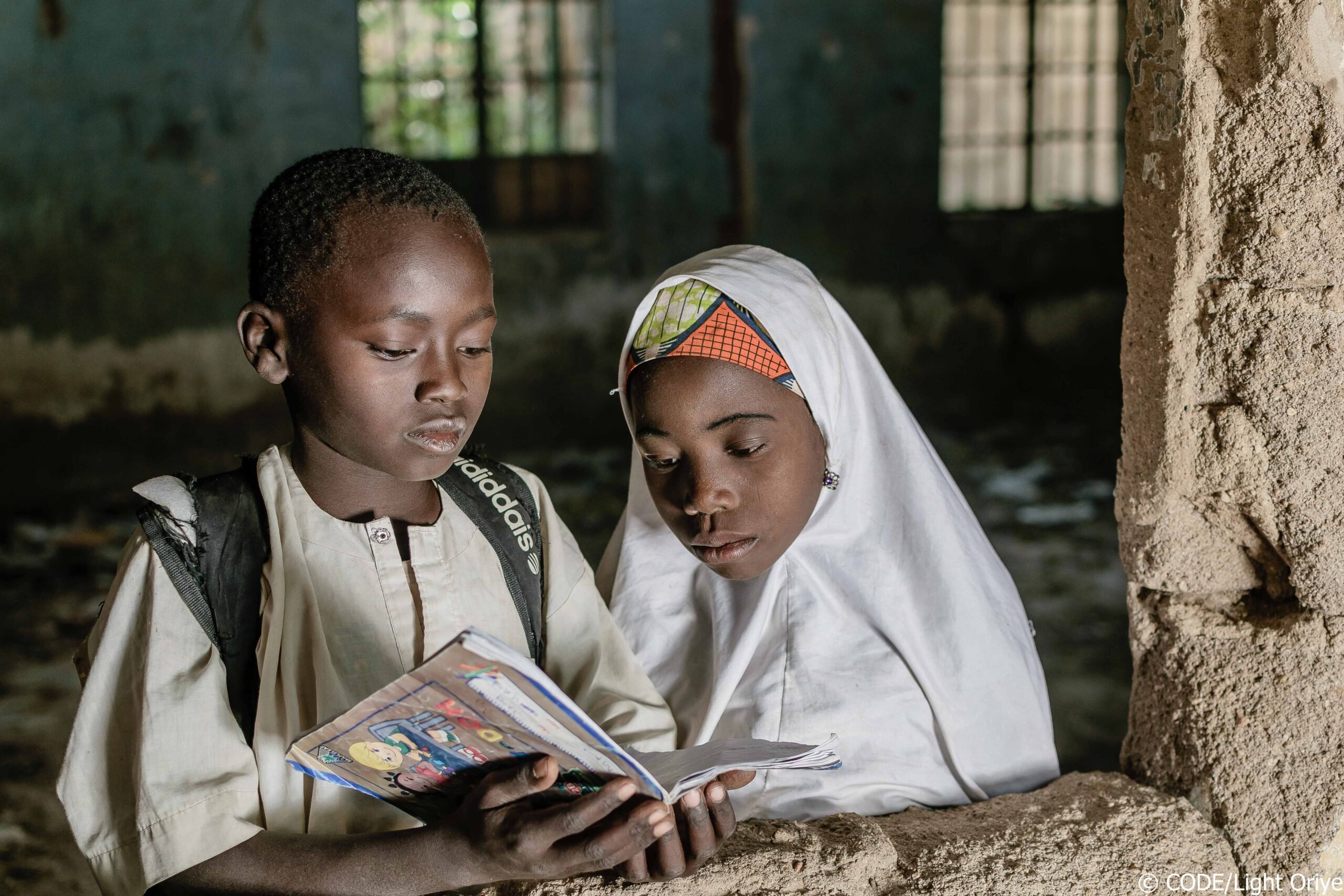
In assessing the effectiveness of the Learning from Home Programme (LHP) set up by the federal government, the study showed that only 60% of the teachers were in contact with their students for continuous learning post-pandemic.
Advertisement
To worsen matters, CODE study revealed that only 48 percent of the girls interviewed in Adamawa State were aware of the federal government’s LHP and the level of awareness amongst parents was a meagre 15 percent — 85 percent of parents did not know about it.
From respondents across local government areas in Adamawa state, only 28 percent of the girls interviewed participated in the LHP.
Only 20 percent of women leaders and 30 percent of School-Based Management Committees (SBMCs) or PTA chairs were involved in the planning process of the LHP.
CODE said this raises a worrying concern for the usage of the LHP if some of the direct beneficiaries were not aware of the programme.
Advertisement
“It also shows gaps in the consultation process during the planning of the programme if major stakeholders are not aware of it,” the organisation added.
Through these findings, CODE said the research hopes to influence policymaking in the northeast region by recommending measures to ensure continuous learning for girls’ amidst school closures.
Advertisement
CODE said that gender-responsive measures include providing more funds for education and ensuring every community has a female secondary school, should be put in place to reverse the trend.
“The government also needs to garner and mobilize the support of stakeholders: religious and traditional, community leaders as well as the media to increase sensitization on the importance of girls’ education.
Advertisement
“It is important to put structures in place to address these challenges, such as Sexual Assault Referral Centres (SARC),” CODE added.
Other recommendations include tackling the impact of conflict and the insurgency in the region and enabling adequate inclusive planning for vulnerable groups (girls living with disabilities, and girls in internally displaced camps).
Advertisement

